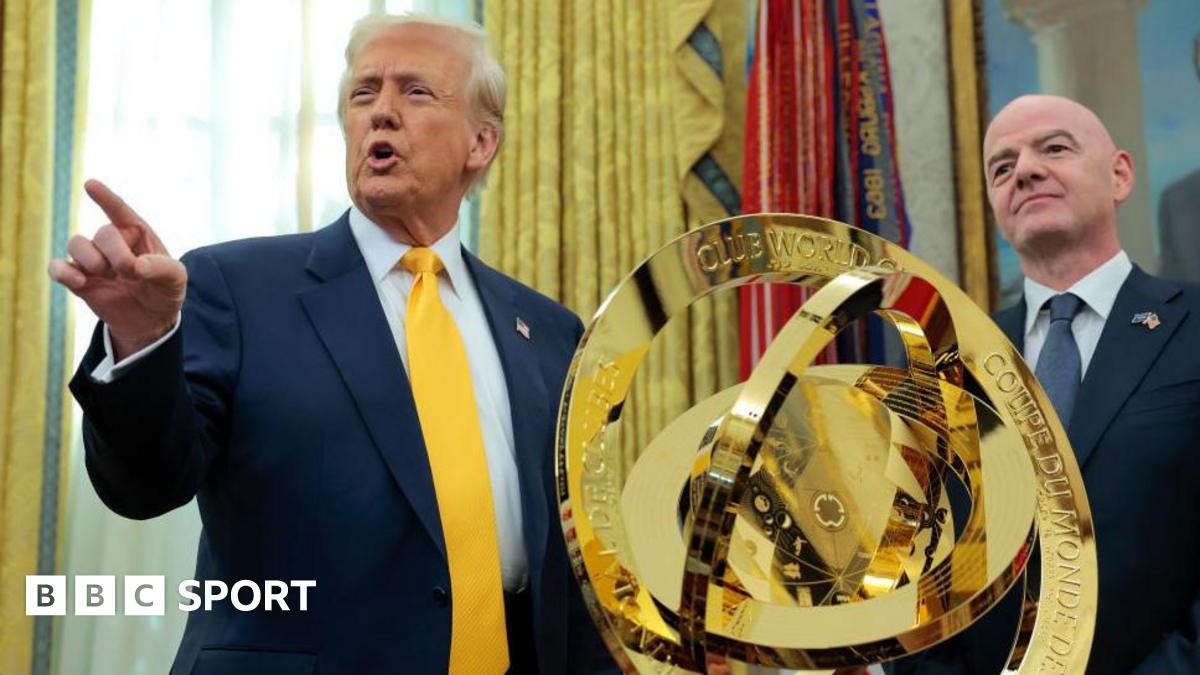The Trump administration has decided to destroy $9.7m worth of contraceptives rather than send them abroad to women in need.
A state department spokesperson confirmed that the decision had been made – a move that will cost US taxpayers $167,000. The contraceptives are primarily long-acting, such as IUDs and birth control implants, and were almost certainly intended for women in Africa, according to two senior congressional aides, one of whom visited a warehouse in Belgium that housed the contraceptives. It is not clear to the aides whether the destruction has already been carried out, but said they had been told that it was set to occur by the end of July.
“It is unacceptable that the State Department would move forward with the destruction of more than $9m in taxpayer-funded family planning commodities purchased to support women in crisis settings, including war zones and refugee camps,” Jeanne Shaheen, a Democratic senator from New Hampshire, said in a statement. Shaheen and Brian Schatz, a Democratic senator from Hawaii, have introduced legislation to stop the destruction.
“This is a waste of US taxpayer dollars and an abdication of US global leadership in preventing unintended pregnancies, unsafe abortions and maternal deaths,” added Shaheen, who in June sent a letter to secretary of state Marco Rubio about the matter.
The department decided to destroy the contraceptives because it could not sell them to any “eligible buyers”, in part because of US laws and rules that prohibit sending US aid to organizations that provide abortion services, counsel people about the procedure or advocate for the right to it overseas, according to the state department spokesperson.
Most of the contraceptives have less than 70% of their shelf life left before they expire, the spokesperson said, and rebranding and selling the contraceptives could cost several million dollars. However, the aide who visited the warehouse said that the earliest expiration date they saw on the contraceptives was 2027, and that two-thirds of the contraceptives did not have any USAID labels that would need to be rebranded.
The eradication of the contraceptives is part of the Trump administration’s months-long demolition of the Agency for International Development (USAID), the largest funding agency for humanitarian and development aid in the world. After the unofficial “department of government efficiency” (Doge) erased 83% of USAID’s programs, Rubio announced in June that USAID’s entire international workforce would be abolished and its foreign assistance programs would be moved to the State Department. The agency will be replaced by an organization called America First.
In total, the funding cuts to USAID could lead to more than 14m additional deaths by 2030, according to a recent study published in the journal the Lancet. A third of those deaths could be children.
“If you have an unintended pregnancy and you end up having to seek unsafe abortion, it’s quite likely that you will die,” said Sarah Shaw, the associate director of advocacy at MSI Reproductive Choices, a global family planning organization that works in nearly 40 countries. “If you’re not given the means to space or limit your births, you’re putting your life at risk or your child’s life at risk.”
MSI tried to purchase the contraceptives from the US government, Shaw said. But the government would only accept full price – which Shaw said the agency could not afford, given that MSI would also have to shoulder the expense of transportingthe contraceptives and the fact that they are inching closer to their expiration date, which could affect MSI’s ability to distribute them.
The state department spokesperson did not specifically respond to a request for comment on Shaw’s allegation, but MSI does provide abortions as part of its global work, which may have led the department to rule it out as an “eligible buyer”.
In an internal survey, MSI programs in 10 countries reported that, within the next month, they expect to be out of stock or be on the brink of being out of stock of at least one contraceptive method. The countries include Burkina Faso, the Democratic Republic of Congo, Mali, Ethiopia, Nigeria, Tanzania, Timor-Leste, Senegal, Kenya and Sierra Leone.
Shaw expects the stock to be incinerated. “The fact that the contraceptives are going to be burned when there’s so much need – it’s just egregious,” she said. “It’s disgusting.” The Department of State spokesperson did not respond to a request for information on the planned method of destruction.
The destruction of the contraceptives is, to Shaw, emblematic of the overall destruction of a system that once provided worldwide help to women and families. USAID funding is threaded through so much of the global supply chain of family planning aid that, without its money, the chain has come apart. In Mali, Shaw said, USAID helped pay for the gas used by the vehicles that transport contraceptives from a warehouse. Without the gas money, the vehicles were stuck – and so were the contraceptives.
“I’ve worked in this sector for over 20 years and I’ve never seen anything on this scale,” Shaw said. “The speed at which they’ve managed to dismantle excellent work and really great progress – I mean, it’s just vanished in weeks.”
Other kinds of assistance are also reportedly being wasted. This week, the Atlantic reported that almost 500 metric tons of emergency food were expiring and would be incinerated, rather than being used to feed about 1.5 million children in Afghanistan and Pakistan. Meanwhile, almost 800,000 Mpox vaccines that were supposed to be sent to Africa are now unusable because they are too close to their expiration date, according to Politico.
The cuts to foreign aid are slated to deepen. Early Friday morning, Congress passed a bill to claw back roughly $8bn that had been earmarked for foreign assistance.
“It’s not just about an empty shelf,” Shaw said. “It’s about unfulfilled potential. It’s about a girl having to drop out of school. It’s about someone having to seek an unsafe abortion and risking their lives. That’s what it’s really about.”

 4 months ago
56
4 months ago
56








 English (US) ·
English (US) ·